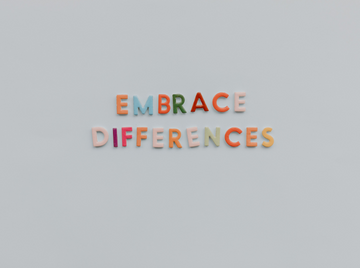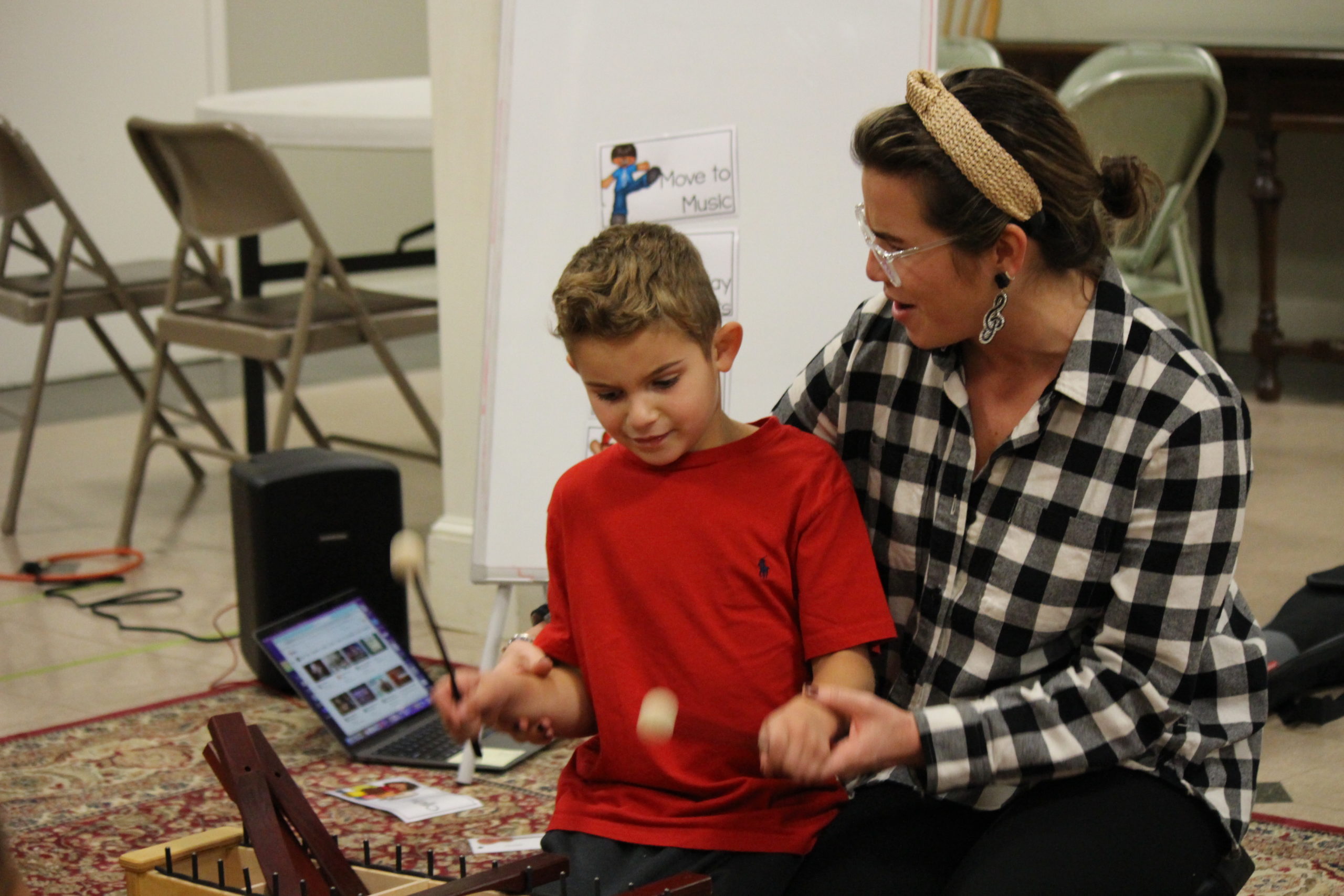When you hear the first few beats of a favorite song, how do you respond? Do you start to tap out a beat, hum along, or feel particular emotions? It only takes those first moments to remind us of the power of music, and this power extends to all individuals, regardless of disability status. Many peer-reviewed scholarly articles explore and explain the varied benefits of musical education for children with developmental and intellectual disabilities, including those with autism spectrum disorder (ASD). Research on the subject has been taking place for over 25 years, and countless children have benefited from music classes. Read on to learn the ways your child can benefit from a developmental  music class!
music class!
Improves communication skills
Music has been shown to effectively enhance verbal and nonverbal communication in children with developmental delays. Research from McGill University and Université de Montreal has found increased connectivity between auditory and motor regions of the brain, which are believed to be related to the significant improvements in children’s communication skills and family quality life reported by their parents. Music can even be used to support children’s literacy.
Provides a multi-sensory learning experience
While you may think of music as something comprised simply of sound, musical experiences are multisensory and thus provide a ripe opportunity to support children’s development. Through music-centered learning, children are encouraged to touch, hear, see, vocalize, and move, all of which aid in well-rounded development. The use of props, visual aids, and physical movement in addition to song keeps students engaged and excited!
Improves attention
The patterns in music can help children remain attentive, especially since many respond better to auditory cues rather than visual ones. There are different types of attention; these include sustained, selective, and alternating. Sustained attention the ability to continuously focus on something, selective attention is the ability to focus on something when other things are occurring in the room, and alternating attention is the ability to switch between tasks with different mental demands. Many children with ASD struggle with transitions and step-by-step routines, but integrating music has been shown to smooth transitions both physically and emotionally. 
Looking for a fun and productive way to support your child with a developmental disability? Look no further than the Concord Conservatory of Music’s new Tones of Fun Developmental Music Class. The Concord Conservatory of Music is committed to providing equal access to music classes for all children.
Back To Top